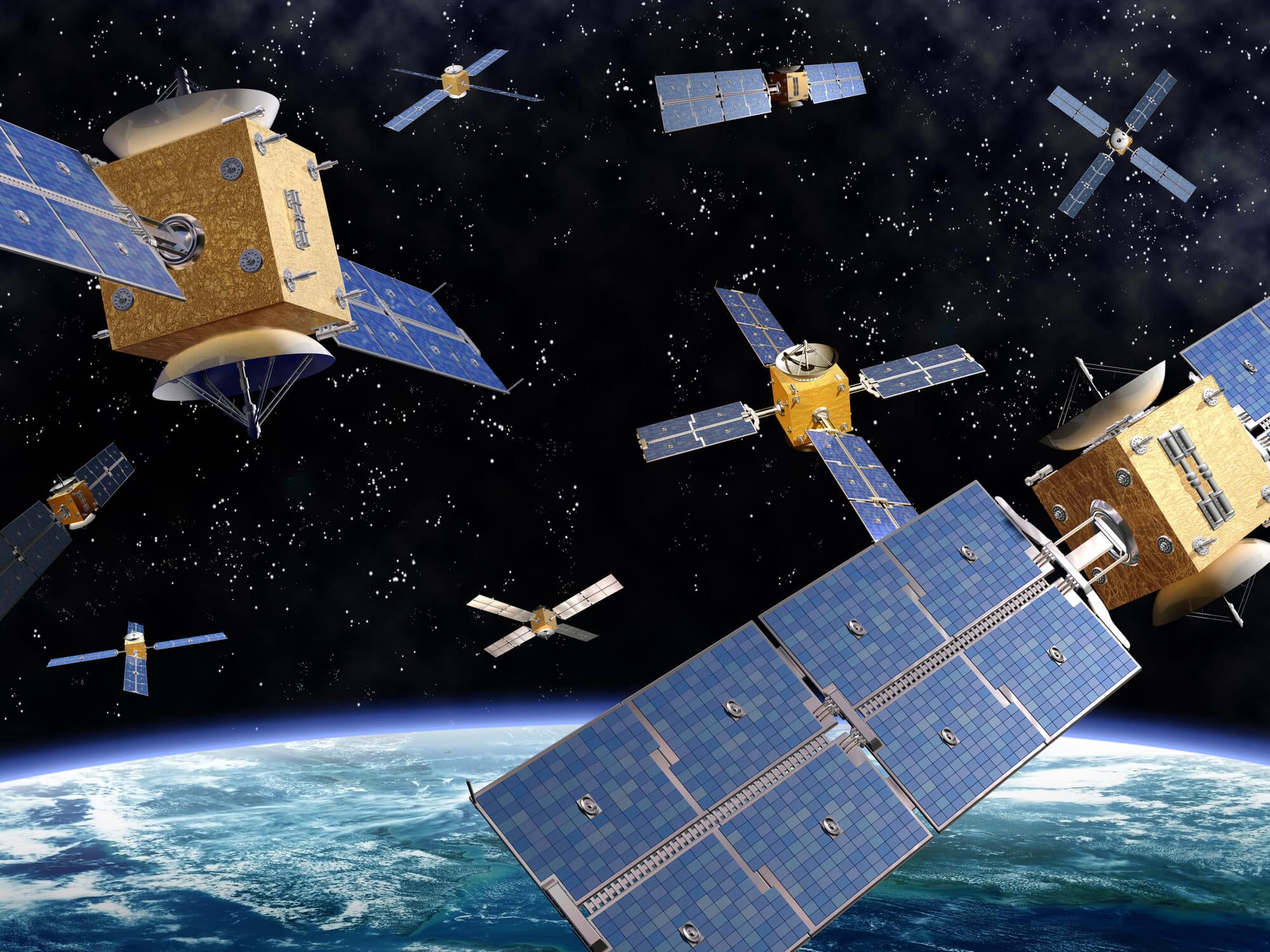In an article published in the journal Science, the researchers suggest learning from the mistakes in the spread of plastic in the oceans so as not to repeat them in space

A group of experts from around the world has called for a legally binding treaty to prevent irreversible damage to Earth's orbit due to the expansion of the global space industry. The authors of the study claim that the space debris problem is not only a technical issue, but a socio-political issue that requires global governance. They recommend the establishment of an international organization to oversee the management of Earth's orbit, with a mandate to regulate satellite launches, track waste and enforce responsible behavior among satellite operators.
The number of satellites in orbit is expected to grow from 9,000 to more than 60,000 by 2030, while there are already more than 100 trillion pieces of old, untracked satellites orbiting the Earth.
The article notes that space debris can pose a threat to space-based services such as weather forecasting, GPS and telecommunications, as well as human spaceflight. The authors warn that without action, the situation could worsen and ultimately affect the long-term sustainability of the space industry.
The authors of the study, published in the journal Science, argue that a global consensus is needed on the best way to control Earth's orbit to prevent industry from rendering large parts of the orbit unusable. The authors suggest that satellite operators and manufacturers should take responsibility for the full life cycle of their products, from design and launch to disposal. They recommend incentivizing responsible behavior through certification programs and standards for sustainable space operations.
The authors note that all initiatives to address the space debris problem, including guidelines and best practices for satellite operators, were voluntary and lacked enforcement mechanisms. According to them, a legally binding treaty is needed in order to
Ensured that all countries and industries operating in Earth orbit would abide by the same rules and be held accountable for their actions.
The worsening of inequality between rich and poor countries and societies
The article also highlights the potential of space debris to exacerbate existing inequalities and power imbalances in the global space industry. The authors note that smaller countries and non-state actors may be at a disadvantage in terms of their ability to launch and maintain satellites, and may be disproportionately affected by the risks posed by debris. They argue that any governance framework for Earth's orbit must take these factors into account and ensure that all stakeholders have a voice in decision-making. According to them, the commercial costs should also be taken into account when considering ways to incentivize responsibility.
The study highlights the need for "sustainable space operations" to prevent the creation of new debris, the collision of satellites and the loss of valuable assets. The authors recommend establishing a "space traffic control" system to manage the growing number of satellites and debris in orbit.
The study also highlights the need to integrate cultural practices into the governance of space, drawing on the traditional ecological knowledge (TEK) used to sustain the planet.
The authors of the study come from a variety of organizations and disciplines, including academia, space agencies and non-governmental organizations. This reflects the need for cooperation and inter-sector involvement to address the issue of space debris.
The article emphasizes the importance of learning from the lessons of other environmental crises, such as plastic pollution in the oceans, to avoid repeating the same mistakes in space.
More of the topic in Hayadan:
